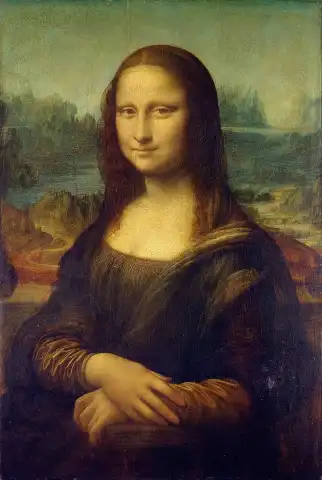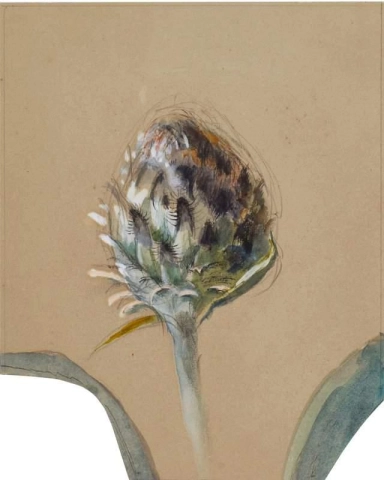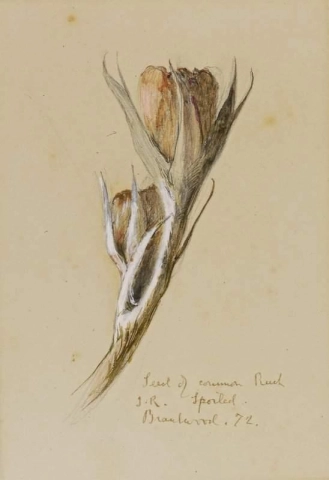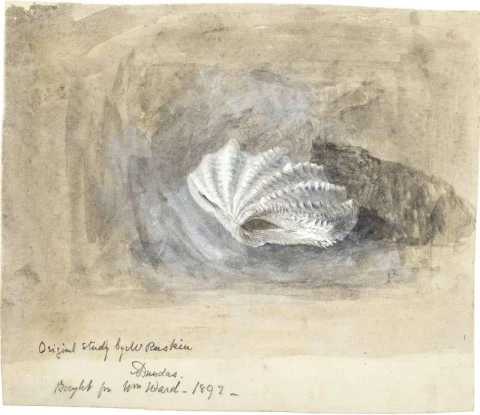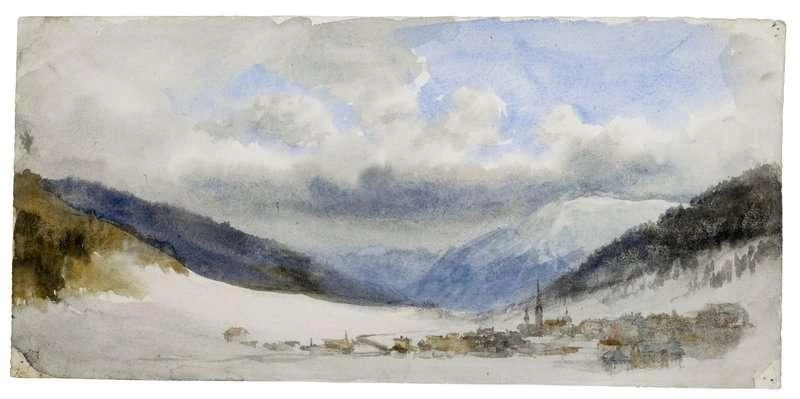

Hand painted reproductions of John Ruskin
John Ruskin: The Visionary of Art and Society
Early Life and Artistic Development
John Ruskin (1819–1900) was an English art critic, social thinker, and painter, known for his influence on both the world of art and the broader societal landscape. Born in London, Ruskin was a prodigy with a passion for nature, art, and literature. His early studies led him to Oxford University, where his love for art and its connection to society began to take shape. Influenced by the Romantic movement, he focused on the role of art in reflecting the natural world and human values.
Key Works and Signature Style
Ruskin’s contributions to art are vast, with key works such as The Seven Lamps of Architecture (1849) and Modern Painters (1843–1860), where he argued for the significance of artists portraying the truth of nature. His unique interpretation of art involved the connection between the artist’s moral values and their depiction of nature. His writings deeply impacted artists such as the Pre-Raphaelites, who followed his emphasis on vivid realism and detailed observation of the natural world.
Technique and Artistic Innovations
While Ruskin is primarily remembered as an art critic, he was also an accomplished artist. His paintings, though often overshadowed by his literary works, displayed his acute sense of color and detail. His focus on precision in capturing the textures of nature, particularly the forms of trees, mountains, and water, paralleled his critical work. His appreciation for the detailed work of artists like J.M.W. Turner led to his ongoing promotion of technical and emotive realism in art.
Legacy and Enduring Influence
John Ruskin's influence extended beyond art criticism into social reform. His belief that art could express moral truth had a lasting effect on both artists and architects. His work laid the foundation for the Arts and Crafts Movement and inspired future generations to value craftsmanship and authenticity in design. His deep connection between art and ethics continues to resonate in discussions of the role of creativity in society today.
Where to Buy Reproductions of John Ruskin’s Work
Bring the visionary works of John Ruskin into your home with fine reproductions, available at POD. Whether through his detailed landscapes or his thoughtful critiques, these artworks serve as a reminder of the power of art to reflect both beauty and societal values. Ideal for collectors and art enthusiasts who appreciate both artistic realism and social commentary, these pieces will enrich any collection.
Imagine owning an original-style painting by one of the greatest artists in history. At POD, we offer you the chance to make this dream a reality. Each canvas is faithfully reproduced down to the smallest detail, allowing you to experience the beauty of the artist’s vision in your own home.
Our reproductions are crafted by experienced painters using the finest materials and time-honored methods. We are committed to delivering works of exceptional quality that will inspire and bring joy to your family for generations to come.
